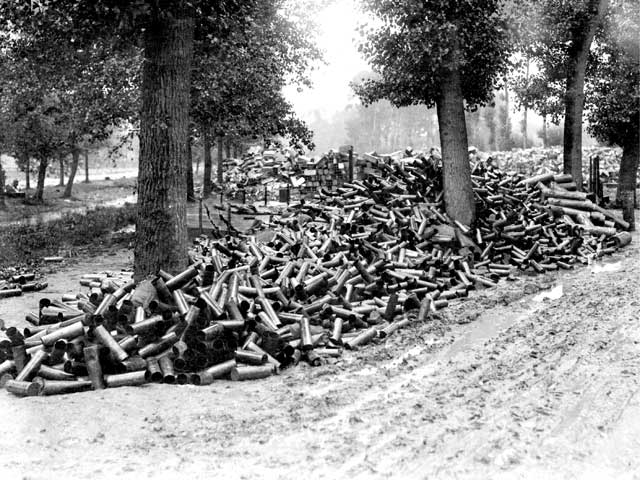I've been reading Ring of Steel by Alexander Watson, and his take on the Battle of the Somme was quite startling. I'd previously thought of it as a senseless slaughter, but he argued it was more of an Entente opportunity gone wrong. It was only a few pages and I'm not sure how much of an expert on the battle itself he is, but looking at it from the German perspective he raised a few key points:
Is this line of argument supported by other historians? Or did the attack at the Somme never have a chance of making much of an impact? If it could have been a British victory, what sort of changes would this cause to the war?
- "In the context of the concurrent Russian victories over the Habsburg forces in the east, the French army's successful though costly defence of Verdun, and in August the opening of an Italian offensive and the entry of Romania into the war, an Anglo-French victory on the Somme offered a chance to a deal a death blow to the now vastly outnumbered and over-strained Central Powers."
- He blames General Haig for the British failure, in particular arguing that Haig foolishly rejected the advice to use a 'bite and hold strategy' and the initial advances he demanded were too distant. This meant that the target areas were insufficiently 'saturated' with explosives, particularly since the British were using many dud North American shells.
- That the British were not underdogs at all-the BEF were battle hardened by this point, outnumbered the Germans (106 divisions to 57), had control of the air and had "threefold artillery superiority."
- The Battle was a clear defensive victory for the Germans. It failed to pin down German forces, and German casualties were significantly less than Entente ones (623,907 vs 429,209 from the count he quoted), which was not a critical blow to German strength.
Is this line of argument supported by other historians? Or did the attack at the Somme never have a chance of making much of an impact? If it could have been a British victory, what sort of changes would this cause to the war?
